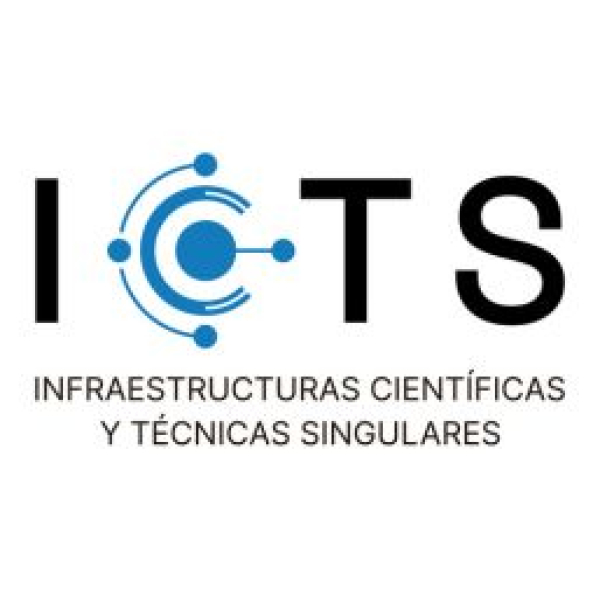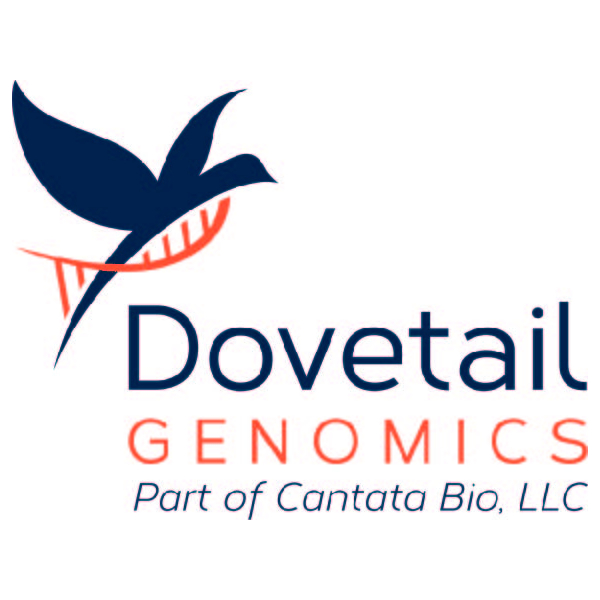Next generation sequencing has brought epigenomics to the frontline of current research. In this symposium we want to bring together scientists of different fields who have carried out epigenome analysis projects in collaboration with the CNAG and who will present their latest research discoveries...
The main focus of our laboratory is the investigation of molecular mechanisms that lead to the erasure of epigenetic memory at both histone and DNA modification level.
Major epigenetic changes are connected with the process of epigenetic reprogramming in vivo and in vitro. The current in vitro...
Next Generation Sequencing (NGS) technologies are producing data at an unprecedented scale, putting the focus on the processing, analysis and visualization of data and not in their generation.
Therefore new more advanced computational solutions are needed to carry out NGS data analysis...
Therefore new more advanced computational solutions are needed to carry out NGS data analysis...
This September the Barcelona Summer School in Genomics and Bioinformatics offers two courses:
Bioinformatic Analysis for Next Generation Sequencing Data
This course will cover the theory and practical aspects of NGS data analysis, coveringdifferent genomic, transcriptomic and epigenomic NGS...
High-Performance Computing enables the CNAG to manage the over 600 Gbases of sequencing data produced every day, this is the equivalent of completely sequencing six human genomes every 24 hours.In this Workshop, Bull and the CNAG will explain why HPC is so important in the analysis of omics data...
The Paris Workshops on Genomic Epidemiology are held every two years to introduce researchers to new methodologies that underpin genomic studies of diseases and other applications in the life sciences. In the last two years, initiatives such as the International Cancer Genome Consortium (ICGC),...

















